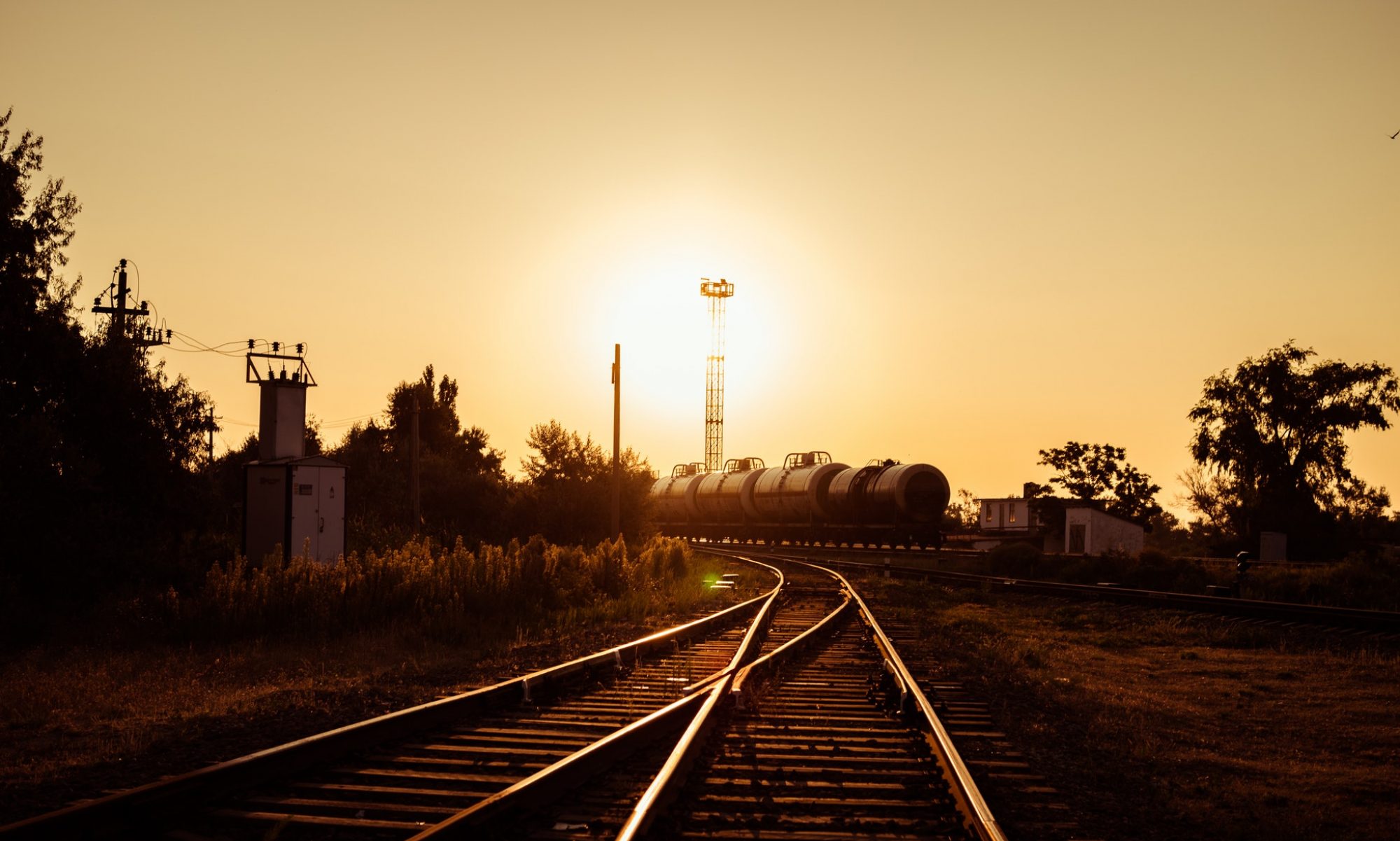An open access scientific journal, Elementa: Science of the Anthropocene published a new co-authored by Veli-Pekka Tynkkynen article “Arctic air pollution: Challenges and opportunities for the next decade”.
The Arctic is a sentinel of global change. This region is influenced by multiple physical and socio-economic drivers and feedbacks, impacting both the natural and human environment. Air pollution is one such driver that impacts Arctic climate change, ecosystems and health but significant uncertainties still surround quantification of these effects. Arctic air pollution includes harmful trace gases (e.g. tropospheric ozone) and particles (e.g. black carbon, sulphate) and toxic substances (e.g. polycyclic aromatic hydrocarbons) that can be transported to the Arctic from emission sources located far outside the region, or emitted within the Arctic from activities including shipping, power production, and other industrial activities. This paper qualitatively summarizes the complex science issues motivating the creation of a new international initiative, PACES (air Pollution in the Arctic: Climate, Environment and Societies). Approaches for coordinated, international and interdisciplinary research on this topic are described with the goal to improve predictive capability via new understanding about sources, processes, feedbacks and impacts of Arctic air pollution. Overarching research actions are outlined, in which we describe our recommendations for 1) the development of trans-disciplinary approaches combining social and economic research with investigation of the chemical and physical aspects of Arctic air pollution; 2) increasing the quality and quantity of observations in the Arctic using long-term monitoring and intensive field studies, both at the surface and throughout the troposphere; and 3) developing improved predictive capability across a range of spatial and temporal scales.
The article is available at the journal website.
![]()


